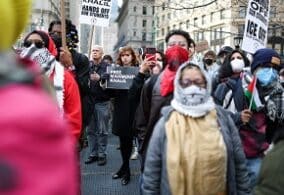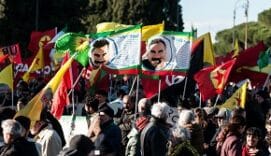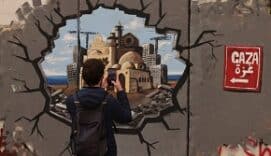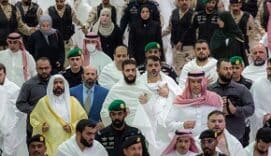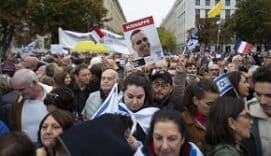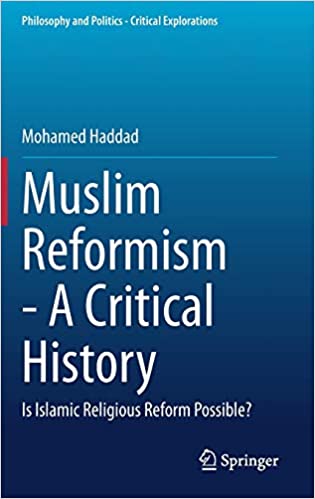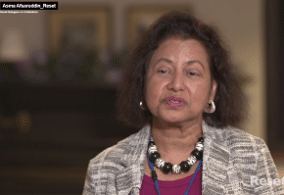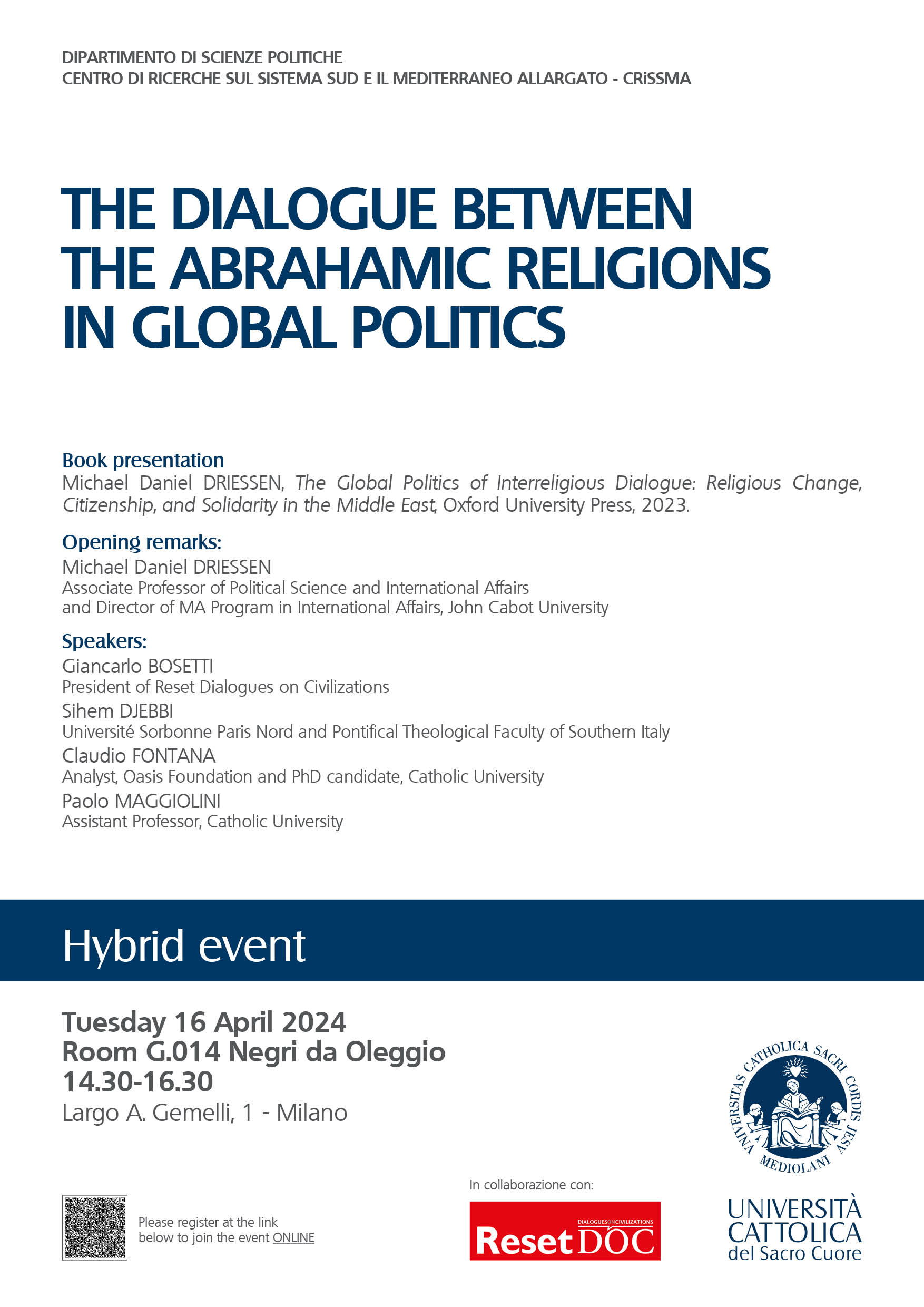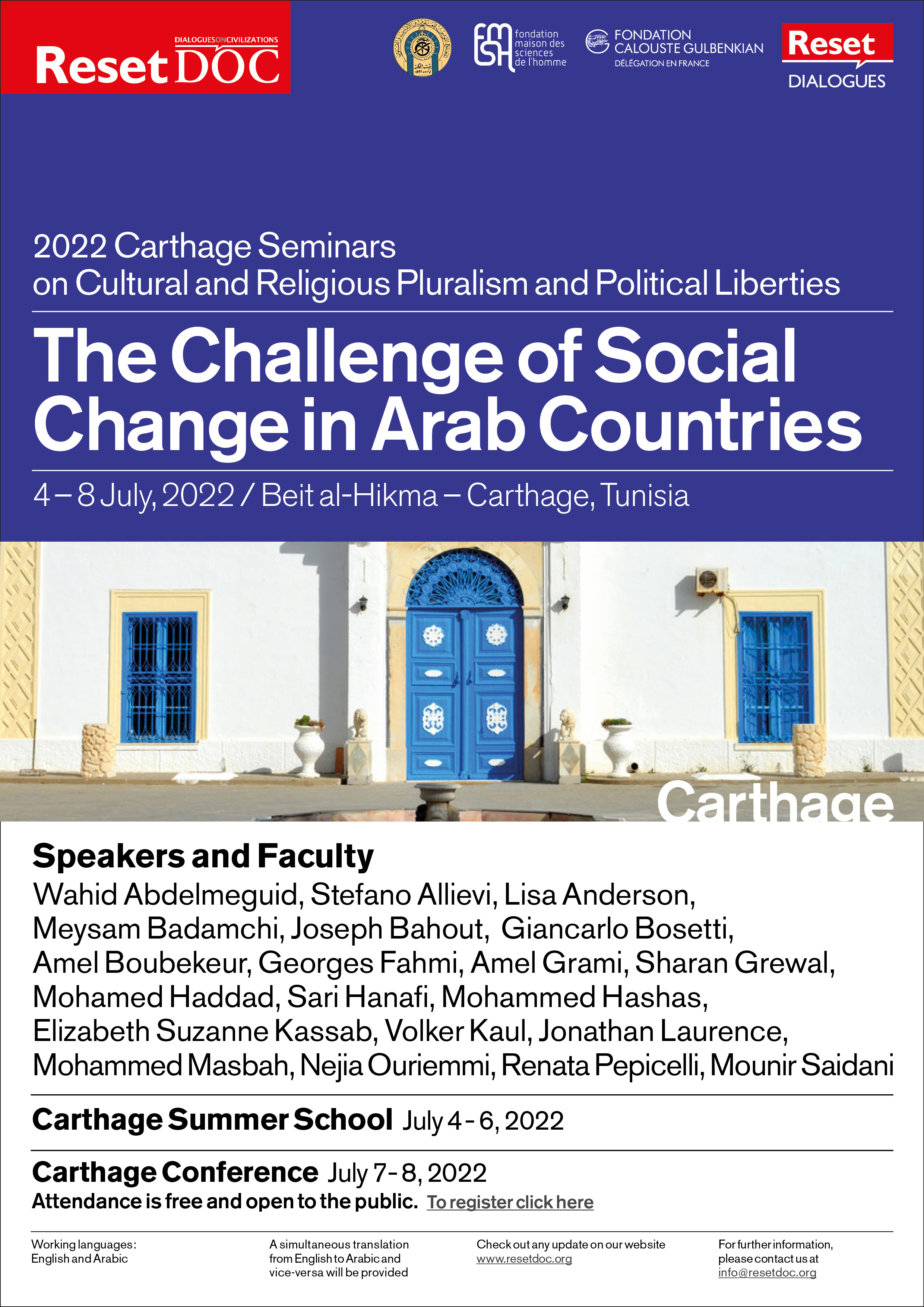Hussein Ibish 14 March 2025
The administration of US President Donald Trump has left everyone who cares about free speech in the country little choice but to defend and champion Mahmoud Khalil, as he faces the most insidious attack on freedom of conscience in America in at least 60 years.


